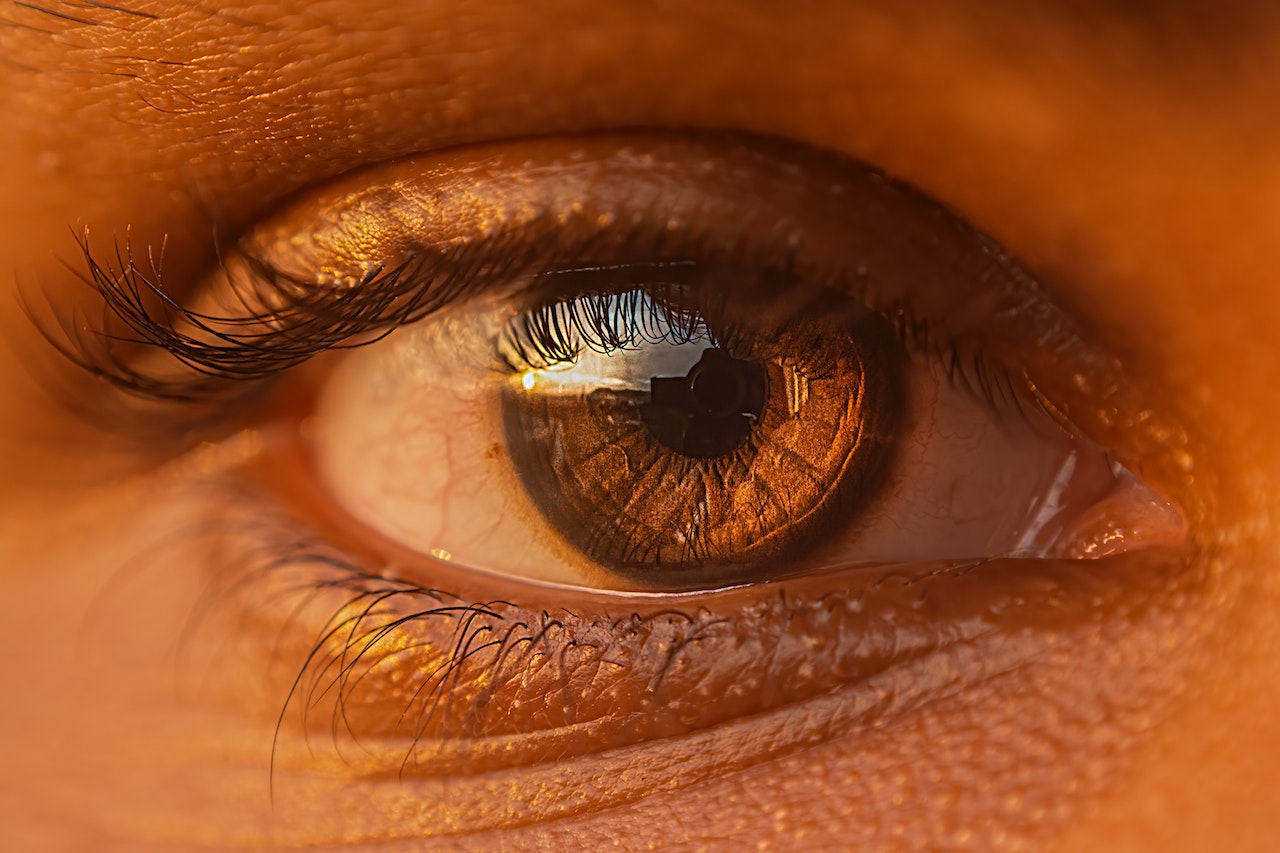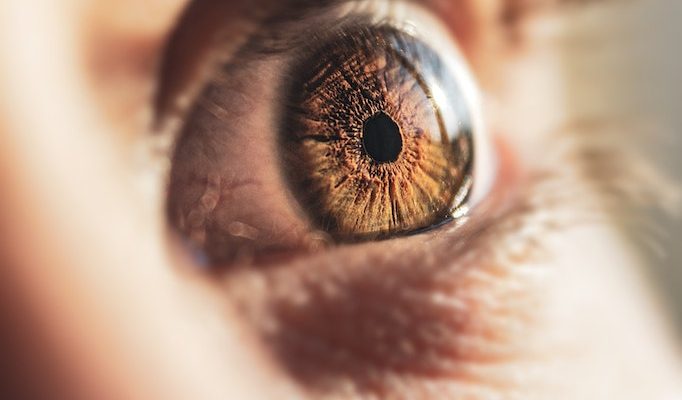Introduction
Eye problems can be annoying, irritating, and even painful. It’s important to understand the causes of eye problems and what treatments are available. While we can’t always prevent eye problems from occurring, there are steps we can take to reduce our risk. In this blog post, we’ll explore some common eye problems, their causes and potential treatments, as well as ways to avoid them in the future. Whether you’re a student spending too much time staring at a screen or an adult with an underlying medical condition, this article will provide valuable insight into how to care for your eyes.
Common Eye Problems
There are many common eye problems that can affect your vision. Some of the most common include:
Astigmatism: This is a condition where the front surface of the eye (cornea) is curved more in one direction than another. This can cause images to appear blurry or distorted. Astigmatism can be treated with glasses, contact lenses, or surgery.
Presbyopia: This is a condition that occurs as you age and your eyes lost the ability to focus on close objects. Presbyopia can be treated with reading glasses, bifocals, or contact lenses.
Dry Eye: Dry eye occurs when your tears are not able to keep your eyes lubricated. This can cause irritation, redness, and blurred vision. Dry eye can be treated with artificial tears, prescription eye drops, or surgery.
Glaucoma: This is a condition where the pressure inside of your eye becomes too high. This can damage the optic nerve and lead to vision loss. Glaucoma can be treated with medication, surgery, or laser therapy.
Macular Degeneration: This is a condition where the center of your field of vision begins to deteriorate. Macular degeneration can be treated with vitamins, medication, or surgery.
For more information visit our Website: Sanpaku Eyes
-Causes
There are many possible causes of eye problems, ranging from minor to serious. Here are some of the most common causes of eye problems:
-Allergies: Allergies can cause a wide range of eye problems, including watery, itchy eyes; red, swollen eyes; and dark circles under the eyes.
-Dry eyes: This condition occurs when the tears produced by the eyes are not adequate to keep the eyes lubricated. This can be caused by a number of factors, including medications, aging, and certain medical conditions.
-Eye fatigue: Eye fatigue is a common problem that can be caused by extended periods of computer use, reading, or other activities that require concentrated vision.
-Eye infections: Bacterial or viral infections can cause redness, swelling, and discharge from the eyes. These types of infections are usually treated with antibiotics or antiviral medications.
-Corneal abrasions: A corneal abrasion is a scrape or scratch on the surface of the eye. This can be caused by foreign objects such as dust particles or sand getting into the eye. Corneal abrasions usually heal on their own within a few days.
-Treatments
There are many different treatments for common eye problems, depending on the cause. Treatments can range from simple home remedies to complex surgery.
If your eye problem is caused by an infection, you may be prescribed antibiotics. If it’s due to allergies, you may be given allergy medication. And if it’s from a more serious condition like glaucoma or cataracts, you may need to undergo surgery.
Most common eye problems can be prevented by taking good care of your eyes and wearing protective eyewear when necessary. To help avoid eye problems, make sure to:
-Wash your hands often and avoid touching your eyes with dirty hands
-Wear sunglasses or other protective eyewear when outdoors
-Avoid smoking and exposure to secondhand smoke
How to Avoid Eye Problems
Eye problems are very common, but luckily, most of them are relatively minor and easily treatable. However, there are a few serious conditions that can lead to blindness if not caught early and treated properly. In this article, we will discuss some of the most common eye problems, their causes, treatments, and how to avoid them.
The first step in avoiding eye problems is to have regular comprehensive eye exams. These exams can catch problems early, before they cause serious damage. During an exam, your doctor will check your vision and the health of your eyes. They will also look for any signs of disease or injury.
Another way to avoid eye problems is to protect your eyes from the sun. Ultraviolet (UV) rays from the sun can damage your eyes and lead to conditions like cataracts and macular degeneration. Wear sunglasses or a hat with a brim when you are outdoors, and avoid looking directly at the sun.
Finally, quit smoking if you currently smoke cigarettes or use other tobacco products. Smoking is a major risk factor for several serious eye conditions, including age-related macular degeneration and cataracts. If you need help quitting smoking, talk to your doctor about options for quitting smoking safely.
If you want to know more about eyes Click here: Sanpaku Eyes
When to See a Doctor
If you experience any changes in your vision, such as blurred vision, double vision, floaters or flashes of light, you should see a doctor as soon as possible. These could be signs of a more serious problem.
If you have pain in or around your eyes, this is also a reason to visit the doctor. Eye pain can be a sign of infection or other serious issue.
If your eyes are red and irritated, this could be due to allergies or dry eye. However, it could also be a sign of pink eye or another infection. If your eyes are red and painful, see a doctor right away.
If you notice any swelling around your eyes, this could be due to allergies or sinus problems. However, it could also be a sign of Graves’ disease or another serious condition. Swelling that is accompanied by redness, pain, or vision changes should be evaluated by a doctor immediately.
Conclusion
The importance of preventative measures when it comes to eye health cannot be overstated. Making sure that you get regular eye exams, maintain a healthy diet with plenty of antioxidants, wear sunglasses when outdoors and avoid activities that put strain on your eyes can all go a long way in avoiding the most common eye problems.
However, if you do find yourself facing one of these issues, it’s important to reach out for help as soon as possible so you can receive the proper care and protection for your vision.




















Comments